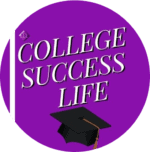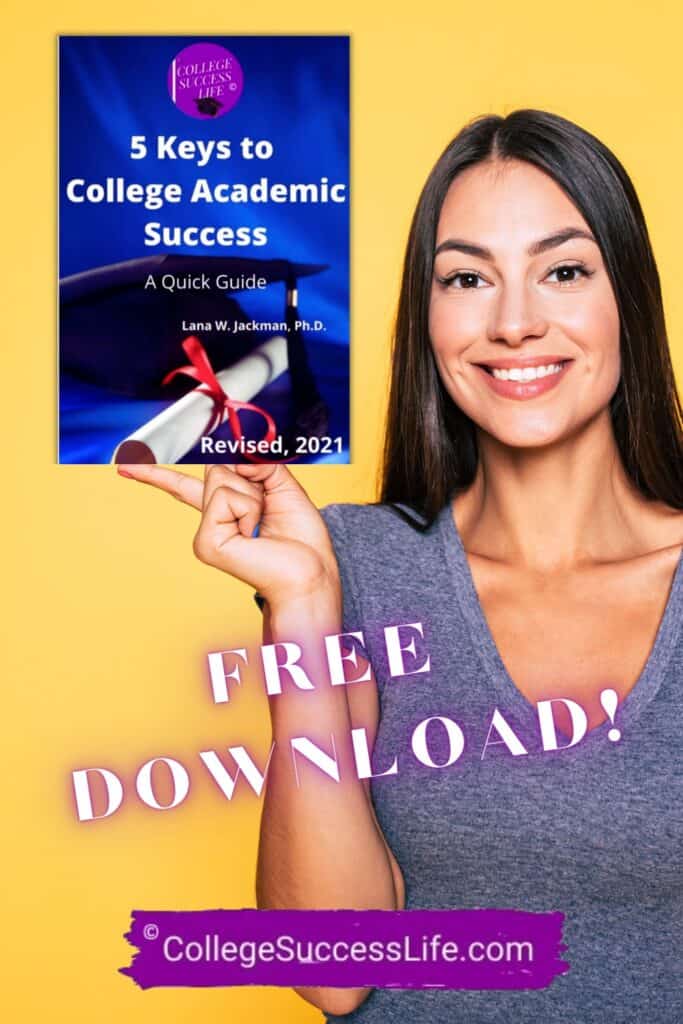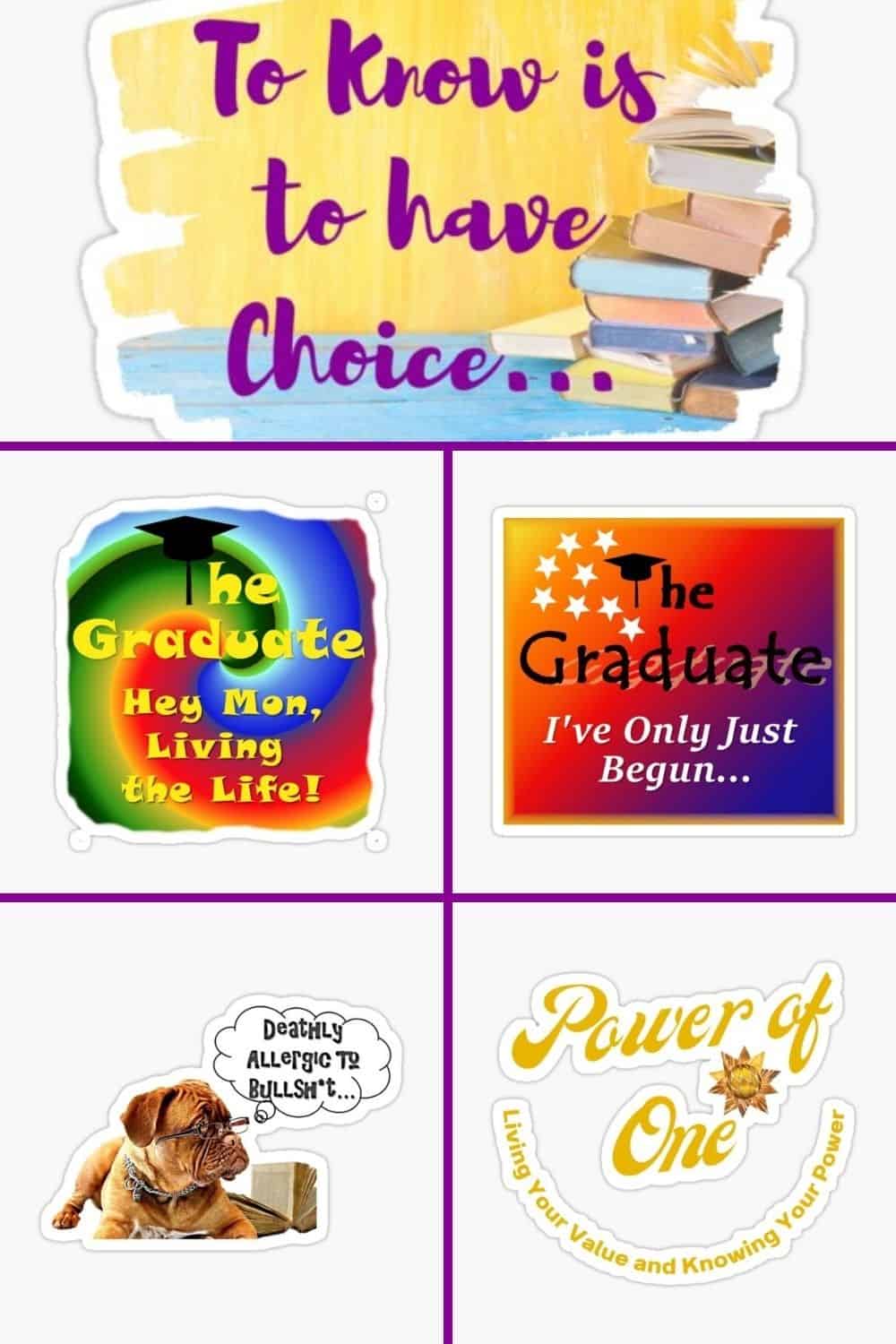[et_pb_section fb_built=”1″ _builder_version=”4.2.1″ custom_padding=”||2px|||”][et_pb_row _builder_version=”4.5.6″ width=”100%” module_alignment=”center” custom_padding=”9px|11px||11px|false|false” global_module=”4766″ saved_tabs=”all”][et_pb_column type=”4_4″ _builder_version=”4.2.1″][et_pb_post_title author=”off” comments=”off” title_last_edited=”off|desktop” _builder_version=”4.4.8″ title_font=”Roboto|700||||on|||” title_text_align=”center” title_text_color=”#0c3bd3″ title_font_size=”42px” meta_text_align=”center” title_text_shadow_style=”preset1″ meta_text_shadow_style=”preset1″][/et_pb_post_title][/et_pb_column][/et_pb_row][et_pb_row column_structure=”3_5,2_5″ _builder_version=”4.2.2″ width=”100%” custom_padding=”25px|10px||10px|false|true” animation_style=”fade”][et_pb_column type=”3_5″ _builder_version=”4.2.1″][et_pb_text _builder_version=”4.5.6″ text_font=”Roboto|500|||||||” text_text_color=”#242424″ text_font_size=”16px” header_font=”Roboto|700||||on|||” header_text_align=”center” header_letter_spacing=”2px” header_line_height=”1.2em” header_2_font=”Actor|700||||on|||” header_2_text_align=”center” header_2_letter_spacing=”2px” header_2_line_height=”1.2em”]
Boosting your research skills is all about understanding why “information literacy” is so important to your academic and professional development!
While you’re listening to the following video, note the definition of information literacy.
Conduct a self-assessment of your own information literacy skill set.
Be honest. Using the video definition, rate yourself using the following scale: Very Good• Good• Acceptable• Poor• Very Poor.
Then review the information listed below the video and learn how to upscale your current skill set…even those who rate themselves as “Very Good” could benefit from doing so.
[/et_pb_text][/et_pb_column][et_pb_column type=”2_5″ _builder_version=”4.2.1″][et_pb_image src=”https://collegesuccesslife.com/wp-content/uploads/2018/09/library-1697314_960_720.jpg” _builder_version=”4.5.6″ box_shadow_style=”preset1″][/et_pb_image][/et_pb_column][/et_pb_row][et_pb_row _builder_version=”4.2.2″][et_pb_column type=”4_4″ _builder_version=”4.2.2″][et_pb_video src=”https://www.youtube.com/watch?v=ciSWknQ98o8&feature=youtu.be” _builder_version=”4.2.2″ custom_padding=”||0px|||”][/et_pb_video][/et_pb_column][/et_pb_row][et_pb_row _builder_version=”4.2.2″ custom_padding=”3px|||||”][et_pb_column type=”4_4″ _builder_version=”4.2.2″][et_pb_text _builder_version=”4.5.6″ text_font=”Roboto|500|||||||” text_text_color=”#000000″ text_font_size=”16px” header_font=”Roboto|700||||on|||” header_text_align=”center” header_text_color=”#0400f0″ header_line_height=”1.2em” custom_padding=”0px|||||” header_text_shadow_style=”preset1″]
Time for Reflection…
Now, when you think of research skills and searching for information, probably the first thing that comes to mind is Google and/or Wikipedia.
However did you know that it’s estimated that Google actually accesses less than 4% of all the information now available on the Internet today?
Now think about that for a moment… Whaaaaat…you are probably saying to yourself!
[/et_pb_text][/et_pb_column][/et_pb_row][et_pb_row column_structure=”3_5,2_5″ _builder_version=”4.2.2″ custom_padding=”1px|||||”][et_pb_column type=”3_5″ _builder_version=”4.2.2″][et_pb_text _builder_version=”4.5.6″ text_font=”Roboto|500|||||||” text_text_color=”#000000″ text_font_size=”16px”]
That’s why, as a college student, it’s super important for you to develop information literacy skills if you’re planning to be successful in the 11-15 jobs you’ll have throughout your lifetime, according to Bureau of Labor Statistics.
And who are the best educators when it comes to information literacy practice – your campus reference librarian.
They’ll tell you that the heart of information literacy is the skillful, analytical use and effective management of information resources within a problem-solving context.
[/et_pb_text][/et_pb_column][et_pb_column type=”2_5″ _builder_version=”4.2.2″][et_pb_image src=”https://collegesuccesslife.com/wp-content/uploads/2020/01/photo-1551670081-13919e5b54f6.jpg” _builder_version=”4.5.6″ box_shadow_style=”preset1″][/et_pb_image][/et_pb_column][/et_pb_row][et_pb_row column_structure=”2_5,3_5″ _builder_version=”4.2.2″][et_pb_column type=”2_5″ _builder_version=”4.2.2″][et_pb_image src=”https://collegesuccesslife.com/wp-content/uploads/2020/01/StudentLibrarys.jpg” _builder_version=”4.2.2″ box_shadow_style=”preset1″][/et_pb_image][/et_pb_column][et_pb_column type=”3_5″ _builder_version=”4.2.2″][et_pb_text _builder_version=”4.5.6″ text_font=”Roboto|500|||||||” text_text_color=”#000000″ text_font_size=”16px” header_font=”Roboto|700||||on|||” header_text_align=”center” header_text_color=”#0400f0″ header_line_height=”1.5em” custom_padding=”0px|||||” hover_enabled=”0″ header_text_shadow_style=”preset1″ header_font_size=”36px”]
Best Way to Move Forward…
So, succeeding in higher education and/or today’s workplace requires:
- having a level of proficiency in information literacy practice
- and collaborating regularly with your campus and/or local librarian.
Actually developing information literacy skills will enhance both your analytical and digital capabilities.
If you want to flourish in today’s academic, workplace, and fake news environments, then you need to become a proficient information literacy practitioner.
[/et_pb_text][/et_pb_column][/et_pb_row][/et_pb_section][et_pb_section fb_built=”1″ _builder_version=”4.2.2″ custom_padding=”0px|10px|9px|10px|false|true” global_module=”4756″ saved_tabs=”all”][et_pb_row _builder_version=”4.5.6″ _module_preset=”default”][et_pb_column type=”4_4″ _builder_version=”4.5.6″ _module_preset=”default”][et_pb_text _builder_version=”4.5.6″ _module_preset=”default” header_text_align=”center” header_2_font=”Oswald|700||||on|||” header_2_text_align=”center” header_2_text_color=”#0e1ef4″ header_2_font_size=”32px” header_text_shadow_style=”preset1″ header_2_text_shadow_style=”preset1″]
An Academic Pearl of Wisdom
[/et_pb_text][/et_pb_column][/et_pb_row][et_pb_row column_structure=”3_5,2_5″ _builder_version=”4.0.1″ width=”100%” custom_padding=”||1px|||”][et_pb_column type=”3_5″ _builder_version=”4.0.1″][et_pb_text _builder_version=”4.5.6″ text_font=”Roboto|500|||||||” text_text_color=”#000000″ text_font_size=”16px” text_line_height=”1.2em” custom_padding=”|10px||10px|false|false” link_option_url=”https://collegesuccesslife.com/using-your-academic-adviser-the-right-way/” link_option_url_new_window=”on” border_color_all=”rgba(0,0,0,0)”]
Whenever a college student faces an academic and/or social challenge, they often ask a peer or a friend first for advice. And that’s okay.
However, resolving the issue to your best advantage often requires consulting with an academic advising professional as well.
Your academic adviser knows the campus academically, administratively, and socially.
And what they don’t know, they can point you to the person who does know. Include this strategy in your current plan for college success.
And we’re always available to help as well!
[/et_pb_text][/et_pb_column][et_pb_column type=”2_5″ _builder_version=”4.0.1″][et_pb_image src=”https://collegesuccesslife.com/wp-content/uploads/2019/10/advice@framemily.jpg” url=”https://collegesuccesslife.com/using-your-academic-adviser-the-right-way/” url_new_window=”on” _builder_version=”4.5.6″ animation_style=”fold” border_radii=”on|4px|4px|4px|4px” box_shadow_style=”preset1″][/et_pb_image][/et_pb_column][/et_pb_row][/et_pb_section][et_pb_section fb_built=”1″ _builder_version=”4.5.6″ use_background_color_gradient=”on” background_color_gradient_start=”rgba(179,70,242,0.39)” background_color_gradient_end=”#FFFFFF” background_color_gradient_start_position=”15%” custom_padding=”58px||4px|||” animation_style=”flip” border_radii=”on|2px|2px|2px|2px” box_shadow_style=”preset6″ box_shadow_position=”outer” global_module=”4755″ saved_tabs=”all” collapsed=”off”][et_pb_row column_structure=”1_2,1_2″ _builder_version=”4.5.6″ _module_preset=”default”][et_pb_column type=”1_2″ _builder_version=”4.5.6″ _module_preset=”default”][et_pb_text _builder_version=”4.5.6″ _module_preset=”default” text_font=”Roboto|300|||||||” text_text_color=”#000000″ text_font_size=”12px” text_line_height=”1.4em”]
Disclaimer Reminder: A college student’s first line of inquiry should always be with their campus academic adviser. College Success Life Coaching Advising Sessions provide additional problem-solving options to undergraduate and graduate students for further exploration on their individual campuses. Students should always consult their assigned adviser not only during the course selection process but periodically to keep apprised of programmatic changes, testing requirements, course additions/deletions, GPA modifications, etc.
[/et_pb_text][/et_pb_column][et_pb_column type=”1_2″ _builder_version=”4.5.6″ _module_preset=”default”][et_pb_text _builder_version=”4.5.6″ _module_preset=”default” text_font=”Roboto|300|||||||” text_text_color=”#000000″ text_font_size=”12px” text_line_height=”1.4em”]
Affiliate Disclosure: Our primary goal at College Success Life is to get you access to the information you need to fulfill your college and career goals. Most of the information we provide is FREE. Some, like recommended books, you have to purchase. In order for us to continue to provide you with FREE College Success Life info, we include affiliate links throughout our website whereby if you purchase an item, we earn a small commission from our affiliate partner – at no cost to you. So don’t worry, we’re very selective in choosing our affiliate partners! Thanks for supporting our FREE content.
Privacy Policy and Terms of Use
For more information, please review our privacy practices.
[/et_pb_text][/et_pb_column][/et_pb_row][/et_pb_section]









